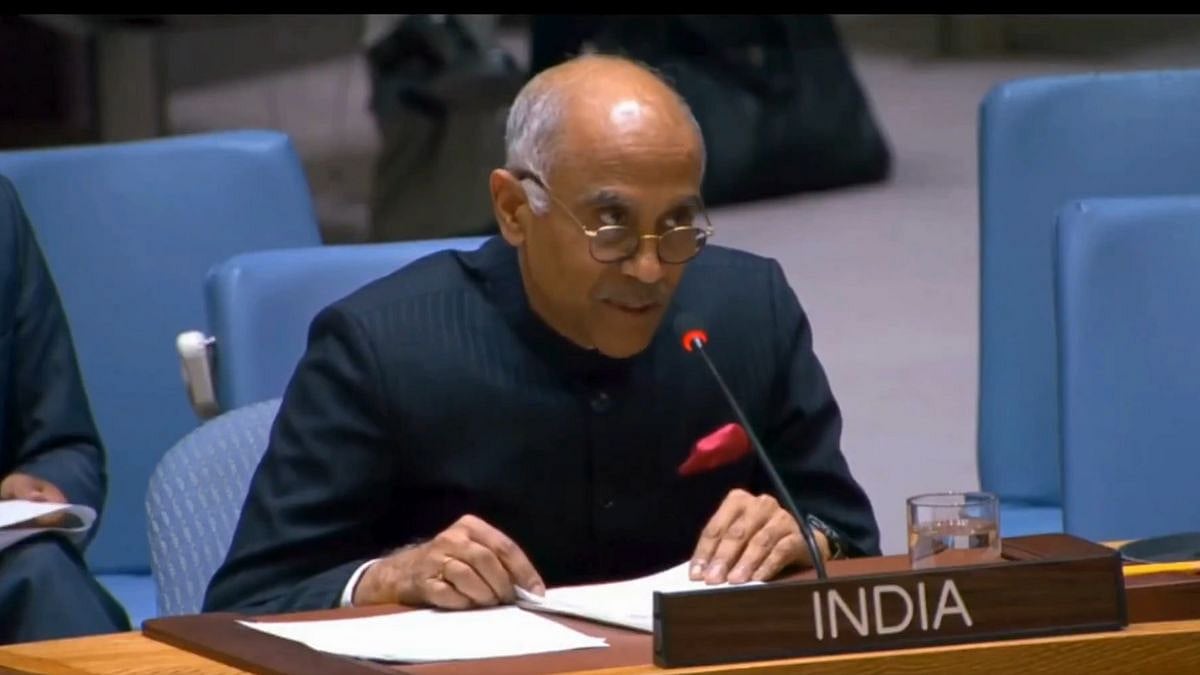Not many people might have noticed it because of such shattering news as the overwhelming tragedy in Nepal, but the leaders of Asian and African countries met in the Indonesian capital, Jakarta, last week to celebrate the 60th anniversary of the landmark Asian-African Conference at the Indonesian resort of Bandung in April 1955. At that time, there were only 29 countries present though they attracted the world’s attention because of their message that the colonial age was fast drawing to an end. Understandably, only the independent nations of the two continents were invited though the claims of countries on the verge of independence were considered on merit and invitations were issued to three of them: Gold Coast (soon renamed Ghana), the Sudan and the Central African Federation. Two countries that were qualified to be invited – South Africa and Israel – were kept out, the first because of its apartheid and the second because of an “illogical surrender to Arab susceptibility”, in the words of Jawaharlal Nehru, the moving spirit of the conference. The sponsors of the Bandung Conference were the five Colombo Powers of that time: Burma (now Myanmar), Ceylon (now Sri Lanka), India, Indonesia and Pakistan. At Indonesia’s suggestion they had readily agreed to such a conference. Even so, a few problems about participants did arise.
For instance, Anthony Eden, then foreign minister of Britain and soon to be prime minister, took it upon himself to convey to Nehru that an invitation to China would “create a bad impression” in Britain and the United States. Nehru’s reaction was angry because he was firm on inviting China, and knew that China was keen to attend it. In any case, the world was larger than Britain and the US which did many things India and other Afro-Asian countries disliked. Among the Colombo Powers, Pakistan opposed the invitation to China but quickly withdrew its objection. All the four states of Indo-China were invited because they presented an urgent problem of peace and the Colombo Powers had “special responsibilities” concerning the Geneva agreements of 1954. All this had already aroused much interest in the Bandung get-together. What added to it a lot more was that a crisis in East Asia over American prisoners in China had escalated and added a topical relevance to the unique gathering that would include Chou En-lai (as his name was then spelled).
So great was Nehru’s interest in making sure that the conference succeeded that no detail of the arrangements was too trivial for him. He even wrote to the Indian ambassador to Indonesia that there must be “an adequate provision of bathroom and lavatories” at the conference site!
The Chinese had chartered an Air-India plane, Kashmir Princess, to send an advance party of their delegation to Bandung. It was sabotaged in Hong Kong and this resulted in the aircraft’s crash in the Indian Ocean. This naturally set a sombre note to the conference. Yet after an expression of remorse the conference began with elan. Much of Nehru’s energy was devoted to preventing the aspirations of Asia and Africa from being lost in “a mass of verbiage” about the spirit of Bandung. Consequently, as at the Asian Relations Conference in New Delhi in March 1947, even before Indian Independence, so at Bandung he kept the proceedings firmly rooted in the fundamental issues. He succeeded – to borrow words from him, used in another context – not “fully but substantially”. He also did his best to let Chou En-lai project himself and his country on centre-stage. From this two contradictory conclusions continue to be drawn. First that Chou, not Nehru, dominated the show. The second view — shared by Chou who was later to call the Indian Prime Minister “arrogant” – is that Nehru took Chou around like a “dowager chaperoning a niece of dubious upbringing”.
Arguably the most embarrassing problem at the conference arose while drafting the grand declaration by the assembled Asian and African countries before dispersing. Everybody was agreed, of course, that colonialism must be condemned and its total termination demanded. It was equably obvious that almost all colonial countries were from the West. At this stage, Sir John Kotelawala of Ceylon whose relationship with Nehru had seldom been happy, raised an issue that had no relevance to either Asia or Africa. He said that the Soviet Union’s dominance of Eastern Europe was also colonialism and it should be condemned, too. Nehru’s annoyance was visible. He pointed out that this was conference was of governments and should function accordingly. East European countries were sovereign states and members of the UN. For the Bandung Conference to treat them as colonial territories would be to “take a most extraordinary position”. If the delegates intended to review the pressures and coercion independent countries were subject, “you enter into a region of doubt, uncertainty, difficulty and international confusion”. Ultimately, the problem was resolved by condemning colonialism “in all its manifestations”. Some instantly remarked that the Bandung Conference ended “on a note of draftsmanship rather than statesmanship”.
To those assembled at Jakarta this past history meant little at a time when the Soviet Union has been dead for a quarter century and all the former Soviet Republics have united to celebrate their victory over the Nazis on May 9. However, the Jakarta meet made a fine declaration in which, among other things, it demanded a detailed reform of the structure of the United Nations and especially an expansion of the UN Security Council. To no one’s surprise, Pakistan, backed by China, tried to be delete this but failed.
Pakistan alone, in the person of National Security Advisor Sartaj Aziz, raised Kashmir at this multi-lateral conference. Foreign minister Sushma Swaaraj did not bother to reply to him and left it to a secretary-level officer to inform Mr Aziz that both in the Shimla Agreement and the Lahore Declaration India and Pakistan had committed themselves to solving the Kashmir issue “bilaterally and peacefully”.

.jpg)







